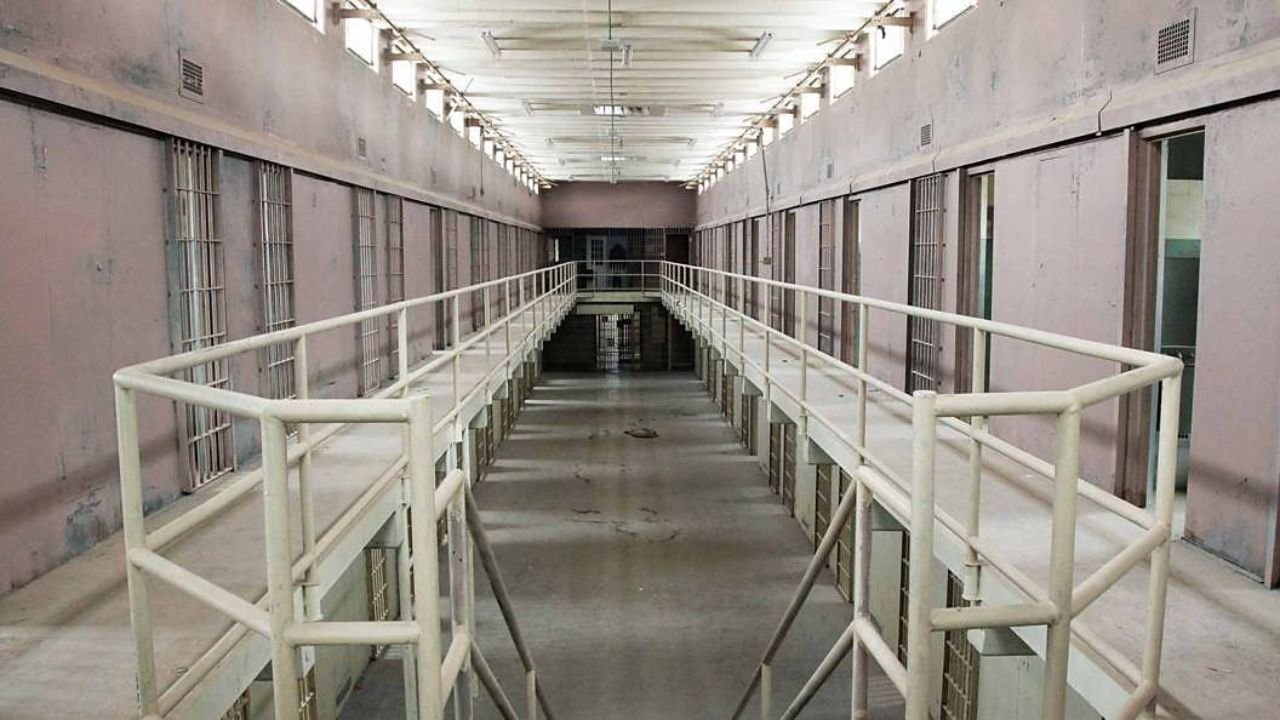The death penalty in Washington state is no longer legal. On April 21, 2023, Governor Jay Inslee signed Senate Bill 5087, officially abolishing capital punishment and removing it from state law.
This decision culminated a series of actions taken by the state’s legislative, executive, and judicial branches over the past decade aimed at ending the death penalty due to concerns about its fairness and application.
Historical Context
Washington has a complex history with the death penalty. Initially abolished in 1913, it was reinstated in 1919 and underwent various changes until its most recent iteration. In 2018, the Washington Supreme Court unanimously ruled that the death penalty was unconstitutional, citing its arbitrary application and racial bias.
The court’s decision highlighted that Black defendants were significantly more likely to receive death sentences compared to their white counterparts—four times more likely according to a University of Washington study.
Recent Legislative Changes
The passage of Senate Bill 5087 marked the formal end of capital punishment in Washington. This legislation not only abolished the death penalty but also eliminated other outdated laws, such as those permitting sterilization as a criminal punishment.
Governor Inslee emphasized that this move addressed long-standing issues of racial discrimination within the system, reinforcing that the death penalty had been applied unequally.
Current Status for Convicted Murderers
With the abolition of the death penalty, individuals previously sentenced to death have had their sentences converted to life imprisonment without parole.
This change affects eight inmates who were on death row at the time of the Supreme Court’s ruling in 2018. Under current law, aggravated murder remains a serious offense but will now result in life sentences rather than capital punishment.
Conclusion
The abolition of the death penalty in Washington state reflects a significant shift in public policy and legal standards regarding capital punishment. The move has been welcomed by various advocacy groups who argue that it addresses systemic issues of racial bias and inequality within the justice system.
As more states reconsider their stance on capital punishment, Washington’s decision may serve as a precedent for future legislative actions across the United States.
FAQs
1. What led to the abolition of the death penalty in Washington?
The abolition was driven by concerns over racial bias and arbitrary application, culminating in a 2018 Supreme Court ruling declaring it unconstitutional.
2. What happens to those previously sentenced to death?
Individuals on death row have had their sentences converted to life imprisonment without parole.
3. Are there any other states that have abolished the death penalty recently?
Yes, as of now, 23 states and Washington D.C. have abolished the death penalty, with several others imposing moratoriums on executions.

